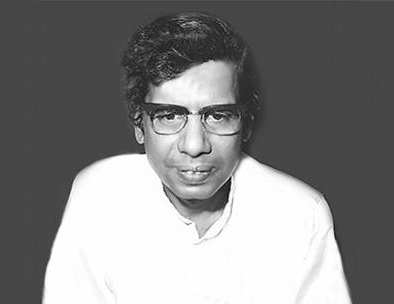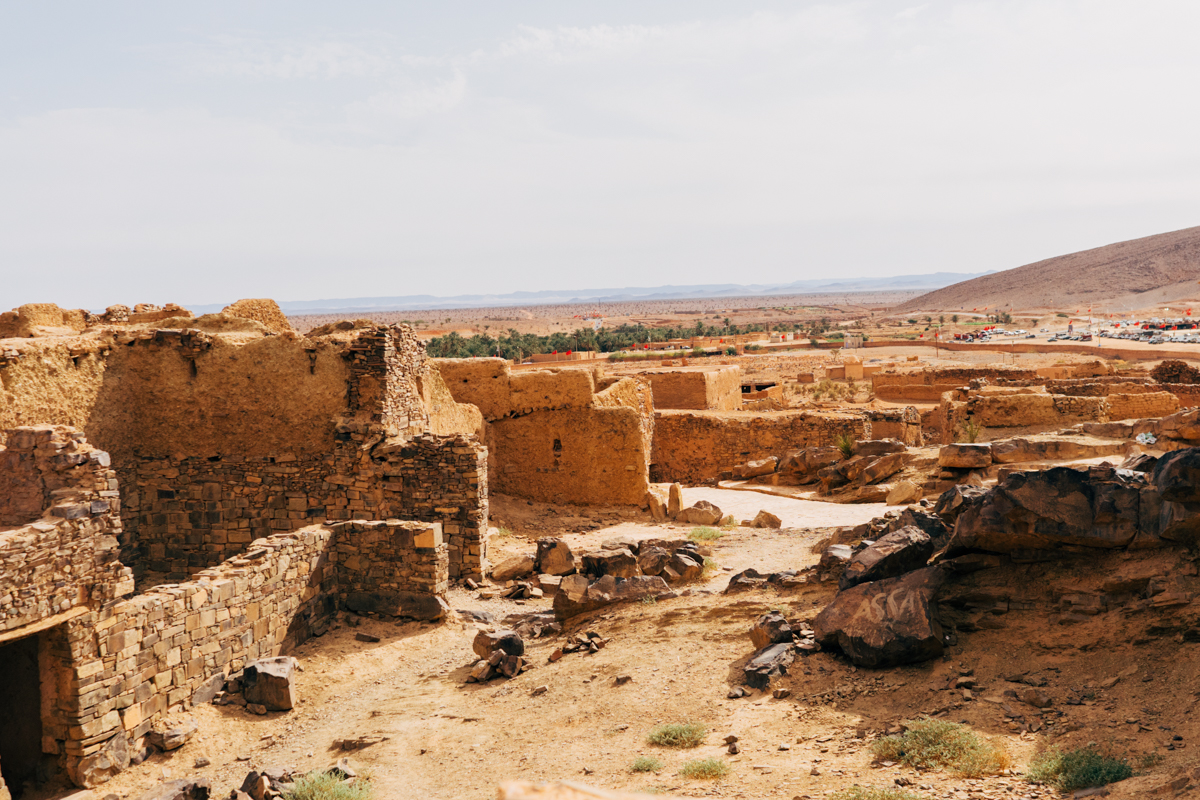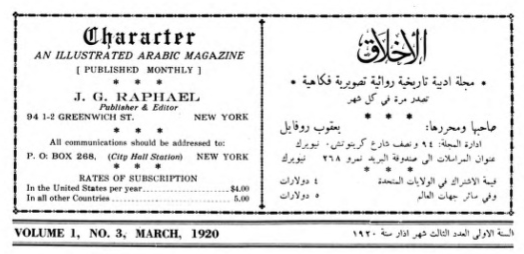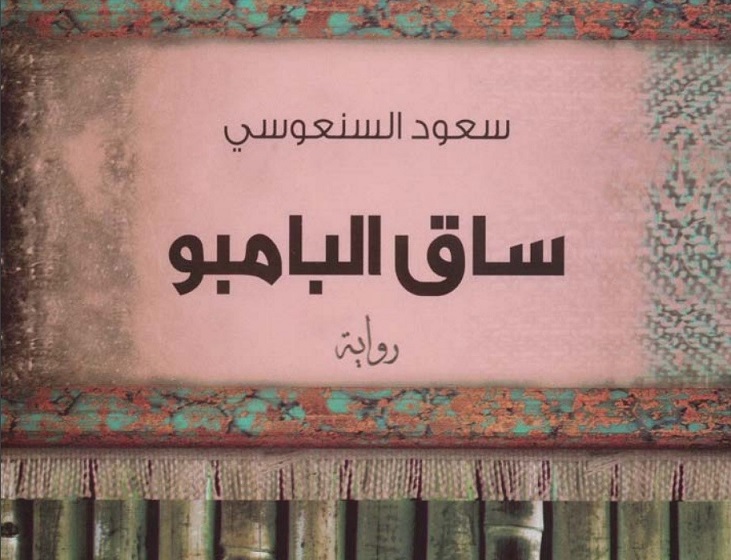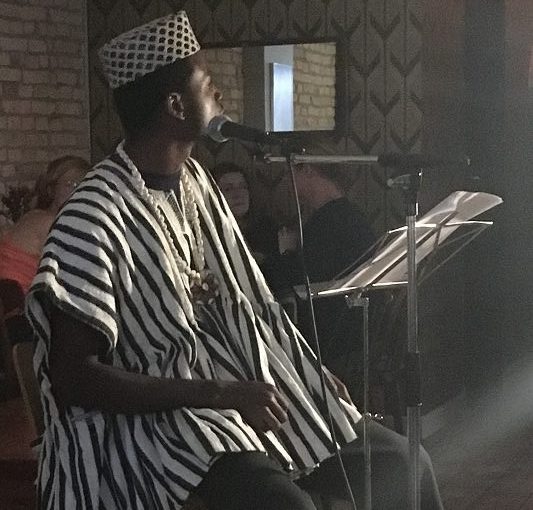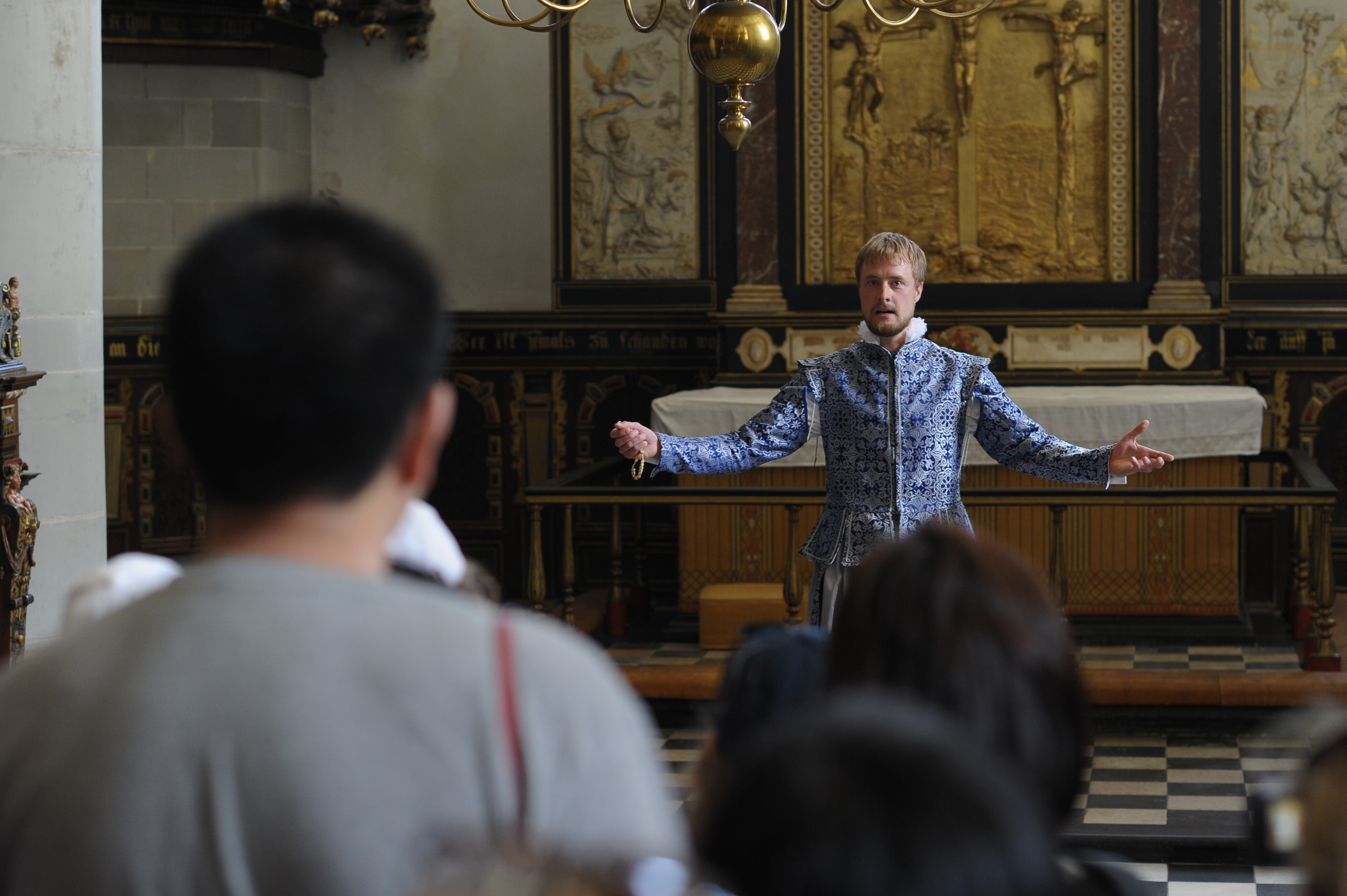MULOSIGE seeks texts with aesthetic value and literary significance, with the understanding that World Literature is much more than a means to ‘represent’ a language or culture to a Western audience. These can be literary texts in any of MULOSIGE’s target languages, critical studies that inform our understanding of literature, or English renderings of primary texts which we hope will reach a wider audience.
Discovering eco-criticism in Hindi: Renu’s Tale of a barren land
In an ecocritical reading of Hindi author Phaniswarnath Renu, Amul Gyawali explores the dichotomies in his writing: state-society, centre-periphery and, crucially, man-nature
Assa, Morocco: An Unwritten History?
Through the annual festival celebrating the Mawlid, or the Prophet Muhammad's birthday, July Blalack explores the mingling multilingual poetry and oral histories from Assa, where Berber/ Amazigh tribes have long mixed with their Sahrawi neighbors.
‘1920 to 1930’: Prohibition and the Arabic Short Story in New York City
This Arabic short story published in New York during the Prohibition Era uses science fiction to imagine just how far banning certain beverages could possibly go. Raphael Cormack translated the story into English, and includes an introduction which contextualizes the story and 'Al-Akhlaq' journal as part of a larger Arabic literature and news scene set in New York in the early 20th century
Ibn Battuta’s legacy brought to life in Tangier festival
Earlier this month the city of Tangier hosted a variety of academic, literary, and cultural events which brought to life the legacy of Ibn Battuta, the famous 14th-century wayfarer originally hailing from this coastal
Retrospective: MULOSIGE roundtable on Aamir Mufti’s Forget English!
Fatima Burney looks back at our roundtable discussion with Professor Aamir Mufti and explores the consequences of his latest book, Forget English!, for the MULOSIGE project
Fictional translation in ‘Sāq al-bāmbū’ is erased in ‘The Bamboo Stalk’
Kuwaiti novel 'Saq al-Bambu' is presented as a text translated from Tagalog even though it was originally written in Arabic- however, the English translation completely erases the fictional translation aspect.
Multilingual Poetry: Kwame Write in Paris, Accra, Copenhagen
Poetry doesn't need to be completely understood to be experienced, making it an ideal medium for multilingual expression. Here multimodal artist Kwame Write talks to MULOSIGE about the language of water and about multilingualism in his life and work.
Hamlet at Helsingør: performance across time, space and language
Watching 'Hamlet Live' at Kronborg Castle creates a sense of both familiarity and distance that helps us think about how literatures travel and come to be shared


